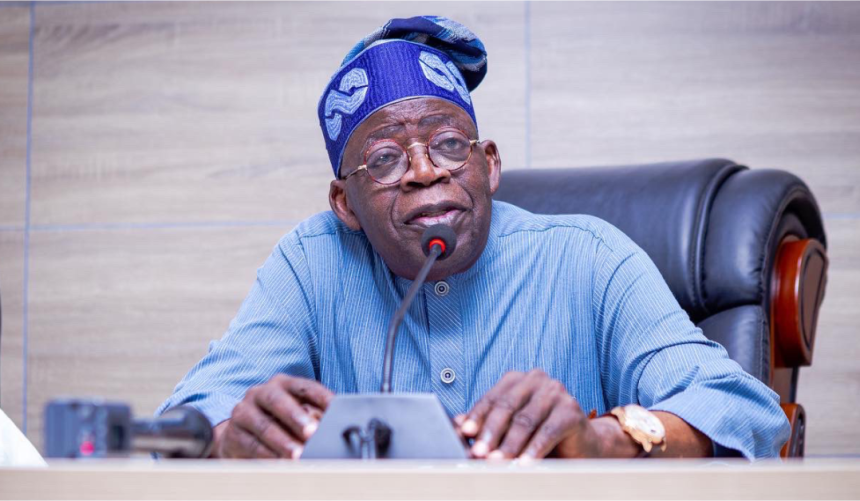In a defining moment for Nigeria’s urban future, the Federal Executive Council (FEC) has approved a sweeping revision of the National Urban Development Policy (NUDP) a landmark decision aimed at modernising city planning, infrastructure delivery, and urban governance for the next decade.
Unveiled by the Federal Ministry of Housing and Urban Development, in partnership with UN-Habitat and other development stakeholders, the new policy replaces the 2012 framework. It responds to Nigeria’s escalating urbanisation challenges and is anchored on global accords such as the Sustainable Development Goals (SDGs), the Paris Climate Agreement, the New Urban Agenda, and the African Union’s Agenda 2063.
With Nigeria’s urban population projected to exceed 70 percent by 2050, the revised NUDP adopts what officials call a “business unusual” approach introducing a forward-looking, transformative strategy to manage the country’s rapidly expanding cities.
“This policy is more than a document. It is a roadmap to build cities that are inclusive, productive, and climate-resilient,” said Minister of Housing and Urban Development, Arc. Ahmed Musa Dangiwa, on Tuesday.
Urban Governance, City Planning, and Inclusion Take Center Stage
According to a statement by Badamasi S. Haiba, Director of Press and Public Relations at the Ministry, the policy places a premium on strengthening urban governance structures. It proposes the creation of metropolitan commissions and regional planning authorities to oversee fast-growing urban areas that transcend state boundaries.
This shift toward coordinated regional management aims to establish a more coherent urban system, ensuring improved intergovernmental collaboration and decentralised planning.
At its core, the new policy champions social equity. It adopts a pro-poor and pro-vulnerable urban design lens, with explicit priorities for women, youth, persons with disabilities, and informal sector participants. The NUDP envisions urban spaces where all residents enjoy dignified access to housing, basic services, infrastructure, and inclusive public spaces.
Climate Resilience as a Strategic Pillar
In response to the growing threat of climate change including severe flooding, desertification, and extreme weather events the policy integrates environmental resilience into the DNA of urban development.
The NUDP promotes green infrastructure, renewable energy solutions, and the internationally endorsed “15-minute city” model—a spatial planning approach that enables residents to meet most daily needs within a short walk or bike ride.
Through these strategies, the government aims to reduce urban sprawl, cut emissions, and create livable, low-carbon urban environments.

Policy Anchored in Renewed Hope Agenda, Global Standards
The revised NUDP aligns seamlessly with President Bola Ahmed Tinubu’s Renewed Hope Agenda, reflecting Nigeria’s international obligations under key development and environmental agreements. The policy, according to the ministry, underscores the critical need for strong institutions, strategic leadership, and active citizen engagement to drive meaningful change.
“With the right political will and stakeholder participation, we can unlock the true potential of our cities as engines of economic growth and human development,” Minister Dangiwa said.
Next Steps: Implementation, Standards and Rural Integration
As part of its rollout strategy, the Ministry will launch nationwide sensitisation and capacity-building programmes, aimed at equipping local planners, governments, and institutions with the tools to implement the policy effectively.
In addition, the Ministry is advancing key complementary initiatives, including the National Physical Planning Standards currently in consultation and the National Policy on Rural Settlements Planning and Development, which seeks to balance rural-urban growth by addressing service gaps in underserved regions.
With the FEC’s nod, the National Urban Development Policy signals not only a policy reform but a paradigm shift—one that envisions Nigerian cities as inclusive, modern, climate-smart engines of national progress.



